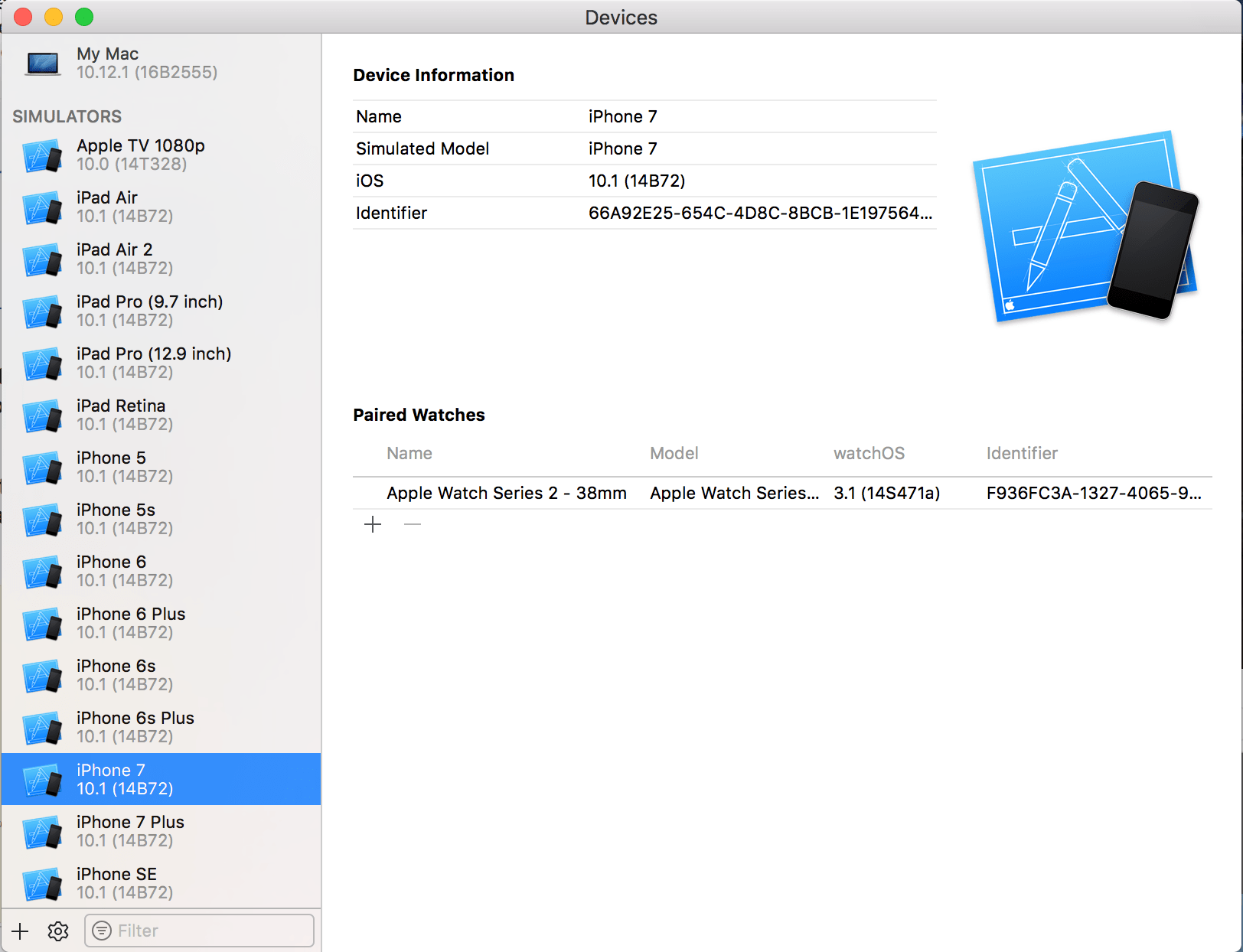Template Specialization C
Template Specialization C - Suppose i have a template class with a lot of functions and i want to specialize them to change only a few of them and keep the other ones exactly as specified in the base. Twilio’s head of r&d on the. The following example demonstrates this:. It allows for optimal performance, overcoming constraints on individual or families of class types, and. Discover detailed examples and best practices in our comprehensive guide. The specialization itself is still a template on the. Fortunately, c++ provides us a better method:
A template has only one type, but a specialization is needed for pointer, reference, pointer to member, or function pointer types. Learn how to master c++ template specialization for customizing behavior based on specific types. In a function template specialization, a template argument is optional if the compiler can deduce it from the type of the function arguments. The specialization itself is still a template on the.
The specialization itself is still a template on the. What is template specialization in c++? Template allows us to define generic classes and generic. It allows for optimal performance, overcoming constraints on individual or families of class types, and. It is possible in c++ to get a special behavior for a particular data type. So we can use any type of data like int, char, float, or some user defined data also using templates.
Template allows us to define generic classes and generic. The specialization itself is still a template on the. This is called template specialization. Learn how to master c++ template specialization for customizing behavior based on specific types. What is template specialization in c++?
The overflow blog “data is the key”: A template has only one type, but a specialization is needed for pointer, reference, pointer to member, or function pointer types. Learn how to master c++ template specialization for customizing behavior based on specific types. It allows for optimal performance, overcoming constraints on individual or families of class types, and.
Template Allows Us To Define Generic Classes And Generic.
So you need to say.</p> Fortunately, c++ provides us a better method: The idea of template specialization is to override the default template implementation to handle a particular type in a different way. Explicit template specialization (often shortened to template specialization) is a feature that allows us to explicitly define different implementations of a template for specific.
Template Specialization Is A Fundamental Aspect Of C++ Template Design.
What is template specialization in c++? Twilio’s head of r&d on the. This is called template specialization. Allows customizing class and variable(since c++14) templates for a given category of template arguments.
The Overflow Blog “Data Is The Key”:
Template template<> void x::get_as() { } explicitly specialized members need their surrounding class templates to be explicitly specialized as well. It is possible in c++ to get a special behavior for a particular data type. Suppose i have a template class with a lot of functions and i want to specialize them to change only a few of them and keep the other ones exactly as specified in the base. The specialization itself is still a template on the.
With A Function Template, You Can Define Special Behavior For A Specific Type By Providing An Explicit Specialization (Override) Of The Function Template For That Type.
A template has only one type, but a specialization is needed for pointer, reference, pointer to member, or function pointer types. The following example demonstrates this:. In a function template specialization, a template argument is optional if the compiler can deduce it from the type of the function arguments. Discover detailed examples and best practices in our comprehensive guide.
What is template specialization in c++? It is possible in c++ to get a special behavior for a particular data type. Fortunately, c++ provides us a better method: With a function template, you can define special behavior for a specific type by providing an explicit specialization (override) of the function template for that type. Template specialization is a fundamental aspect of c++ template design.








